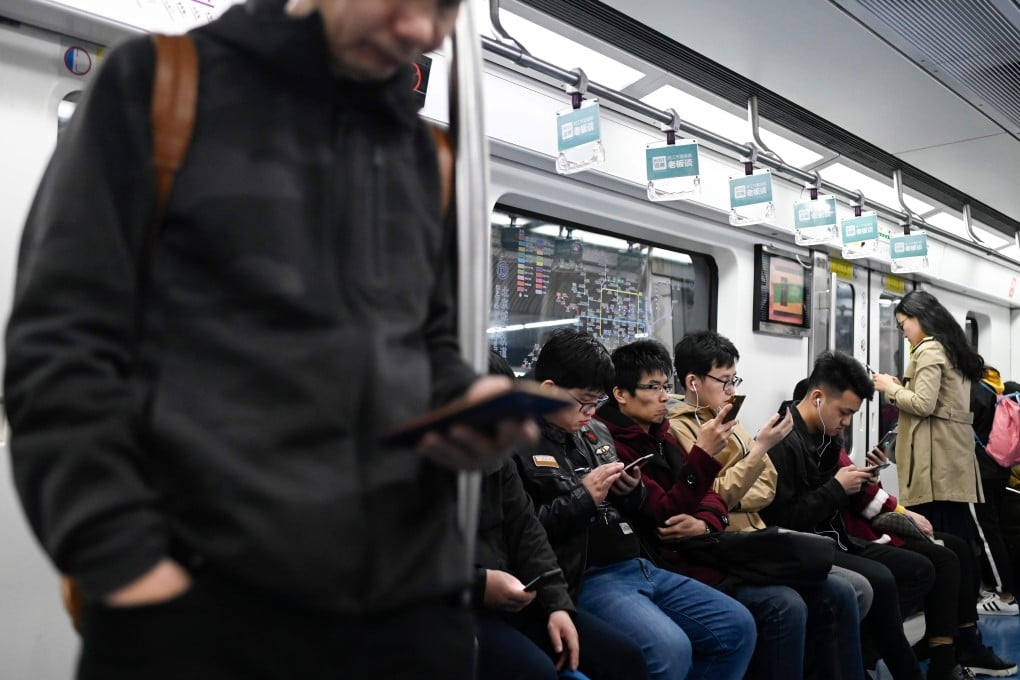China updates rules on social media accounts, increasing the already high cost of moderation
- Updated rules on public social media accounts detail scope of banned activities
- ‘Self-media’ draws increasing government scrutiny as popularity soars

China’s cyberspace watchdog has revised its rules governing public social media accounts in a fresh bid to crack down on fake news and other online activities perceived to be harmful.
The Cyberspace Administration of China published on Friday updated regulations on the management of public internet accounts, which are set to take effect on February 22.
It marks the first change since 2017, when more users began turning to public accounts to reach a wider audience. Businesses, news organisations and individuals commonly use public accounts, also known as official accounts, to post on platforms like Weibo and WeChat.
The older rules already held public account owners responsible for the information they published and required them to spread “positive energy”. The revised rules now specify the type of actions that are banned, including fabricating information, inciting extreme emotions, plagiarism, cyberbullying, blackmailing and artificially inflating the number of clicks.
The updated regulations aim to “protect the security of content and maintain a healthy cyberspace.”

02:33
How China censors the internet
The new rules could force social media companies to devote more resources to policing content, analysts said. In China, the onus falls on platform operators to remove inappropriate content uploaded by users.